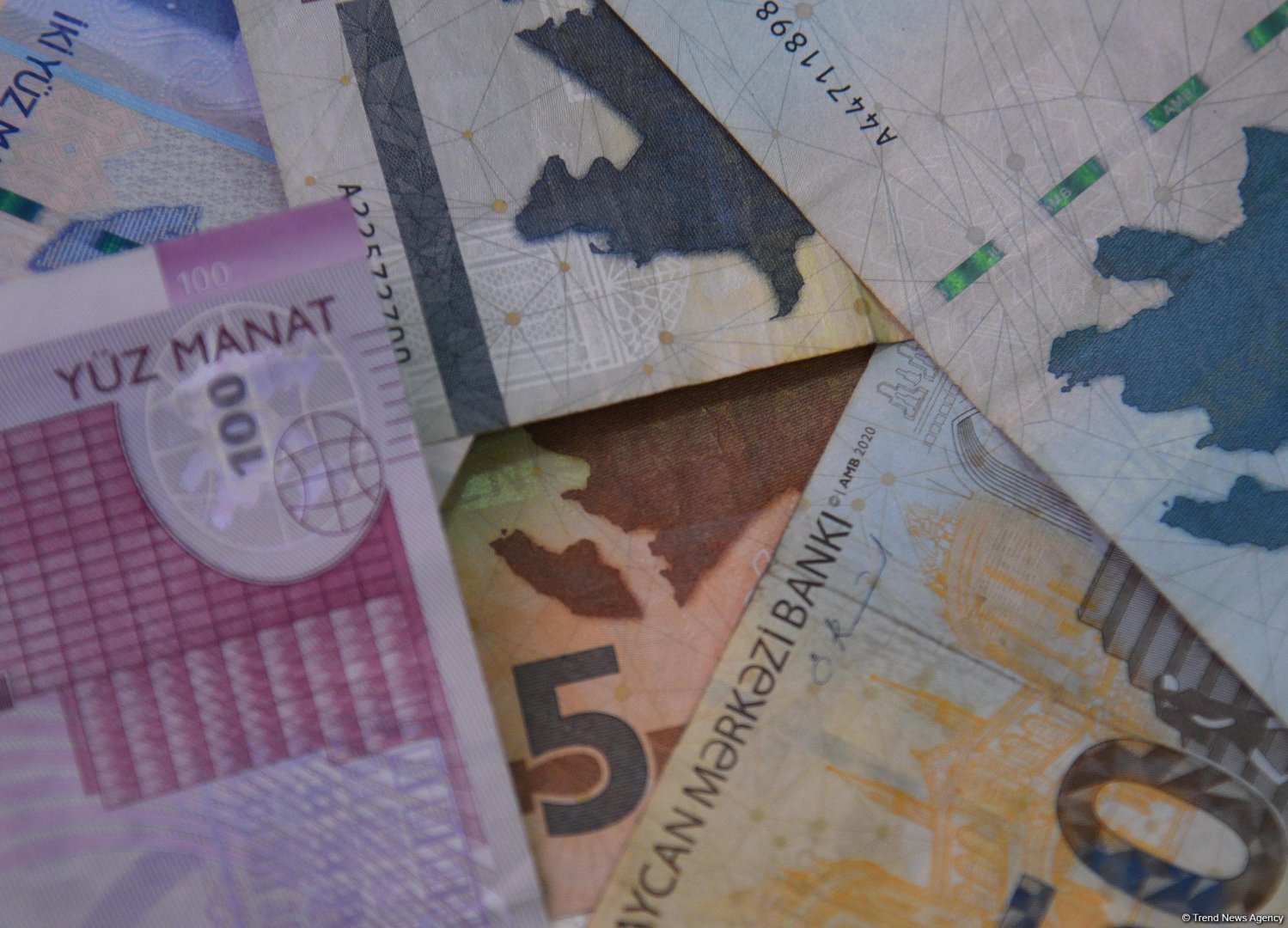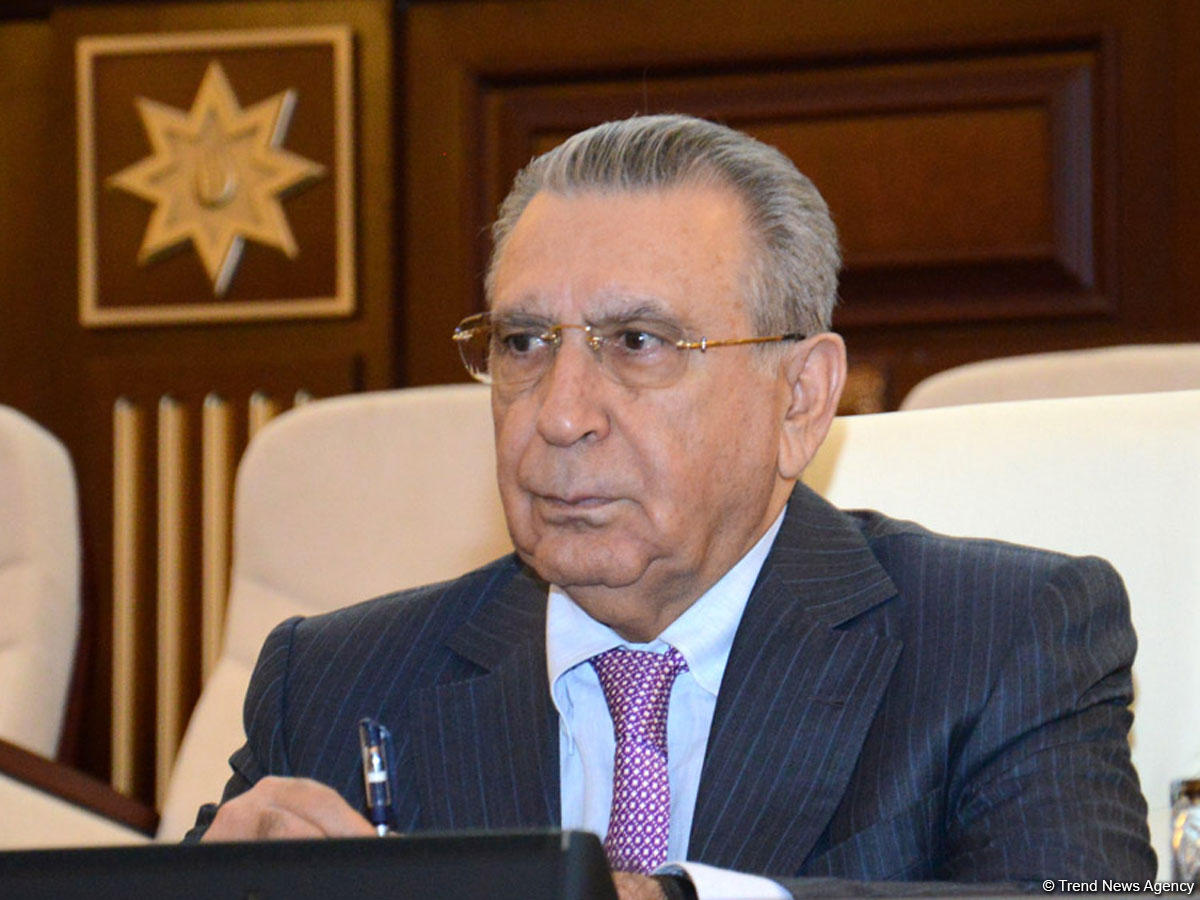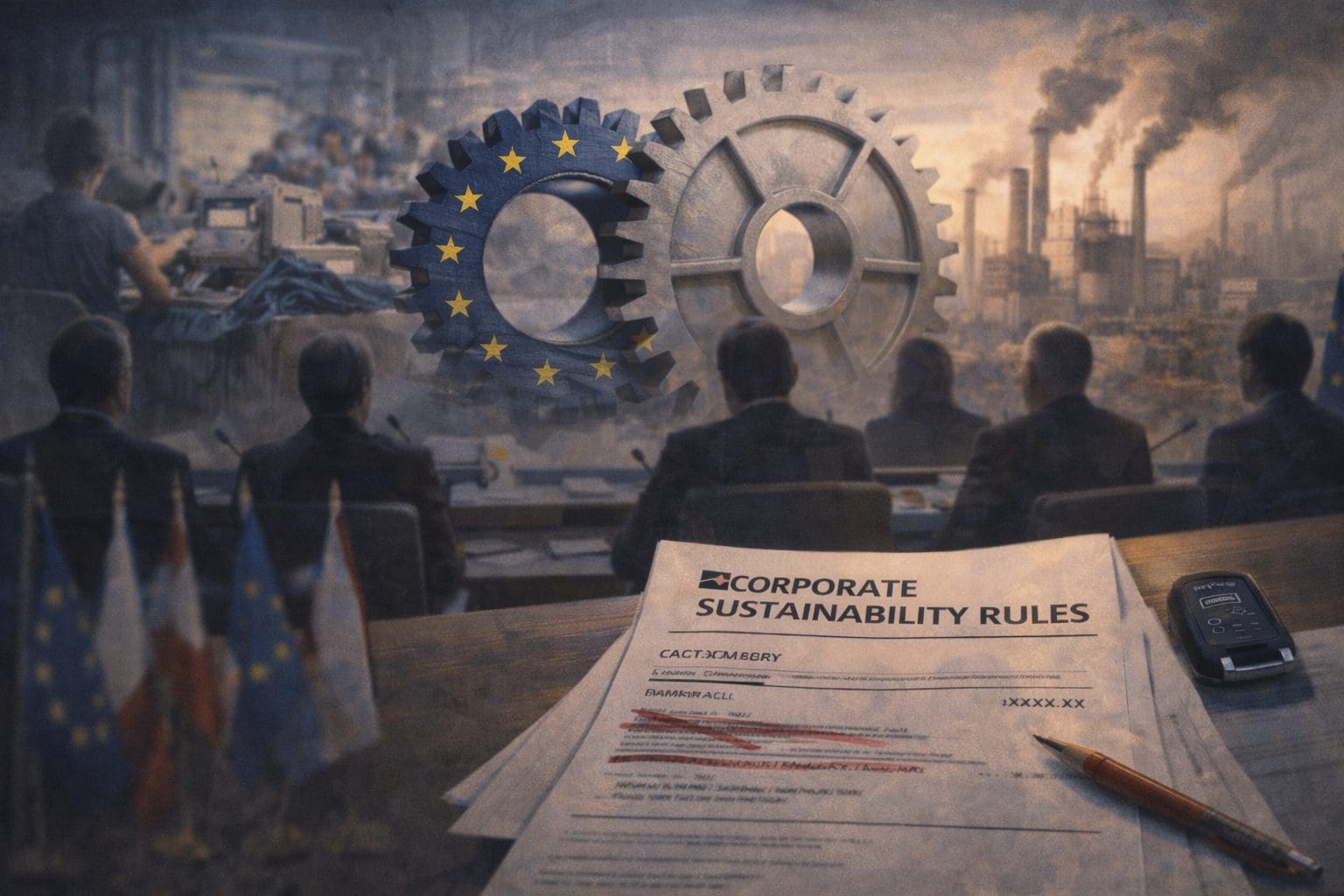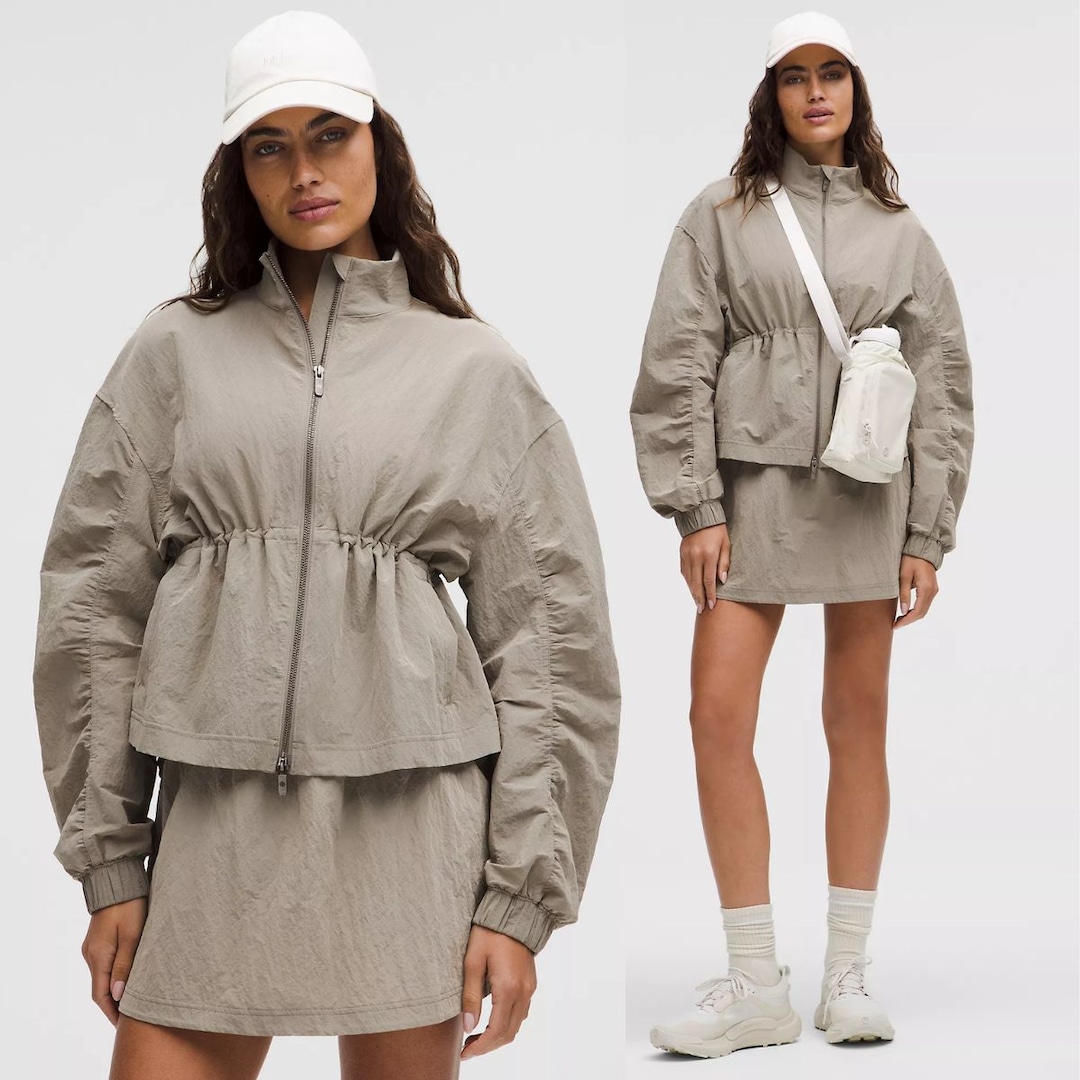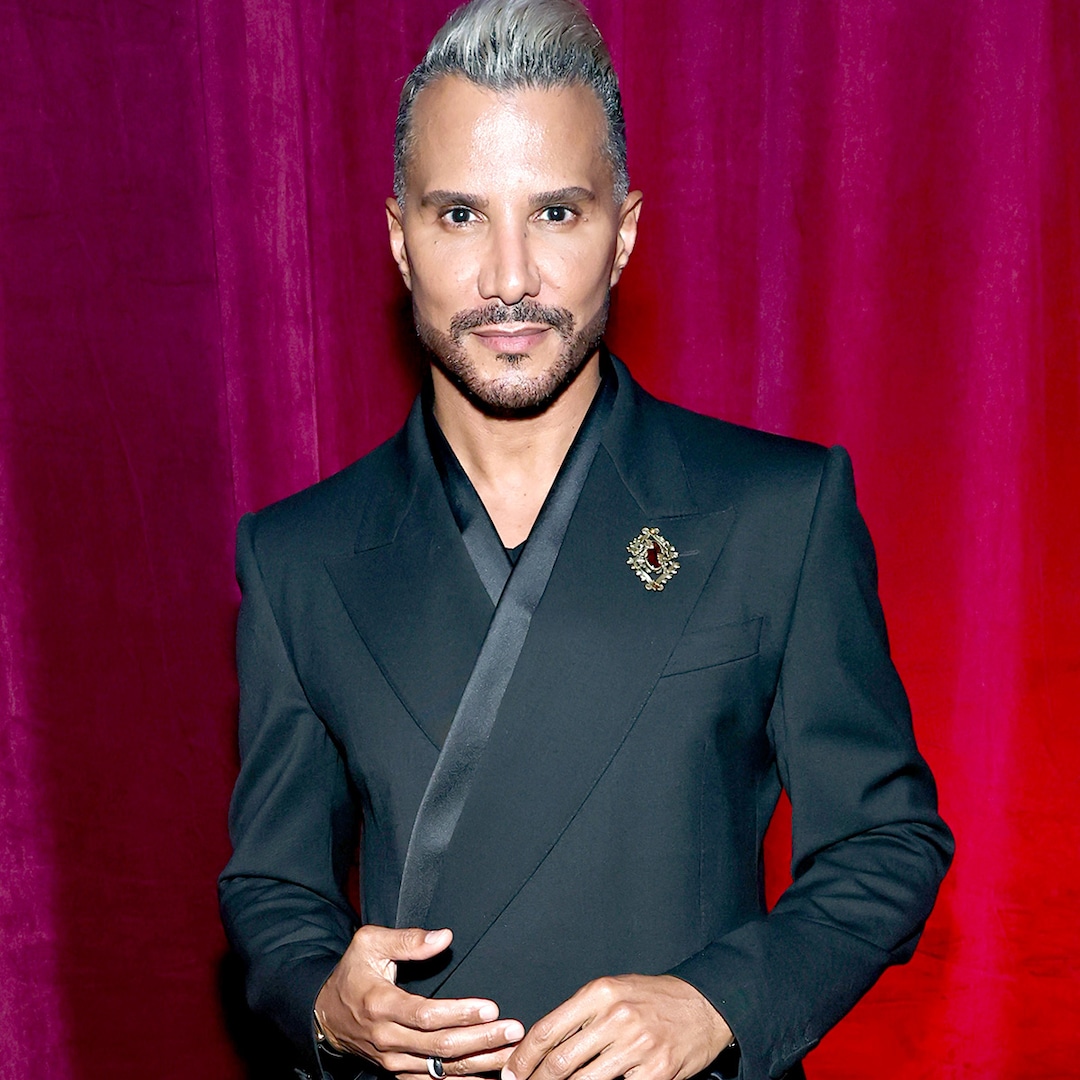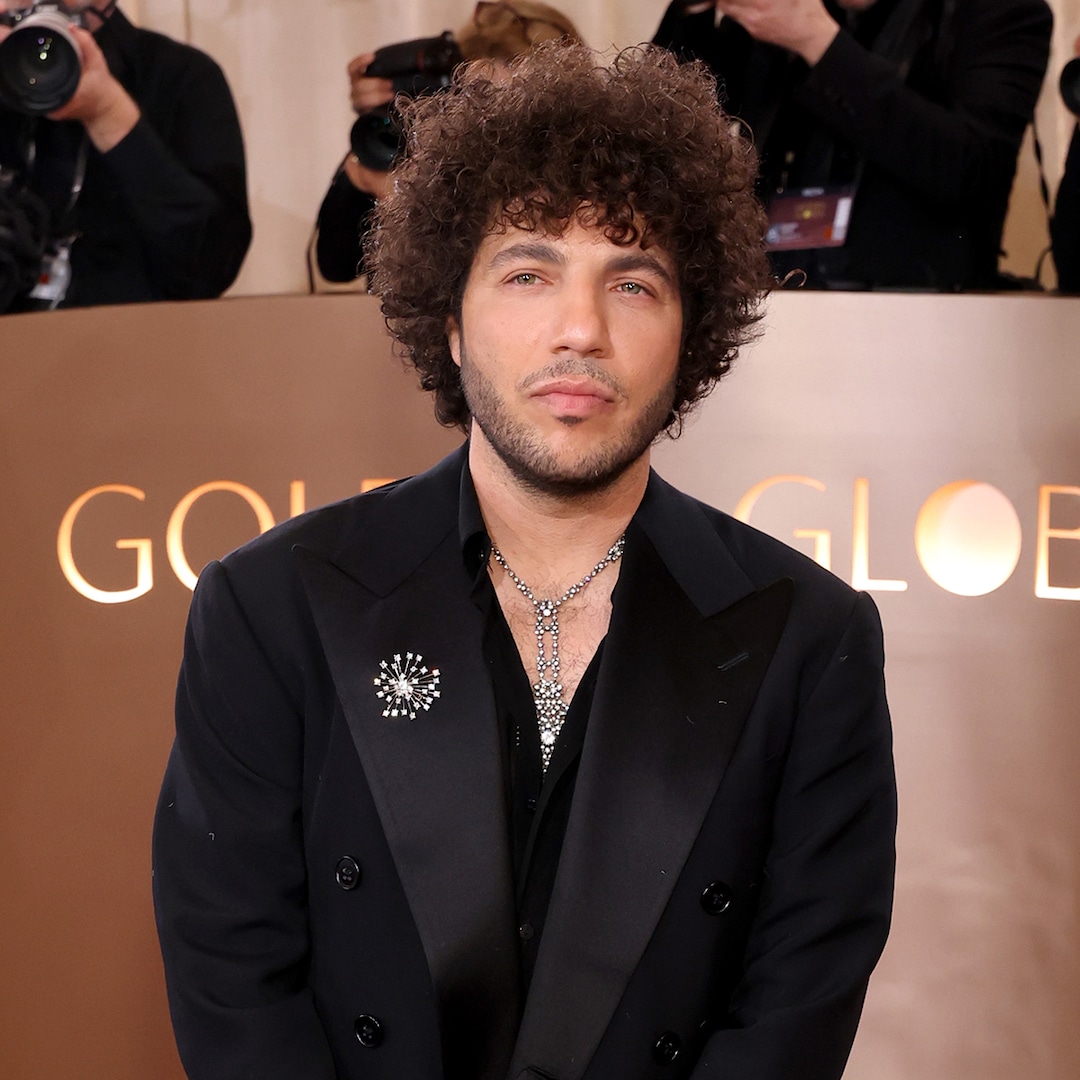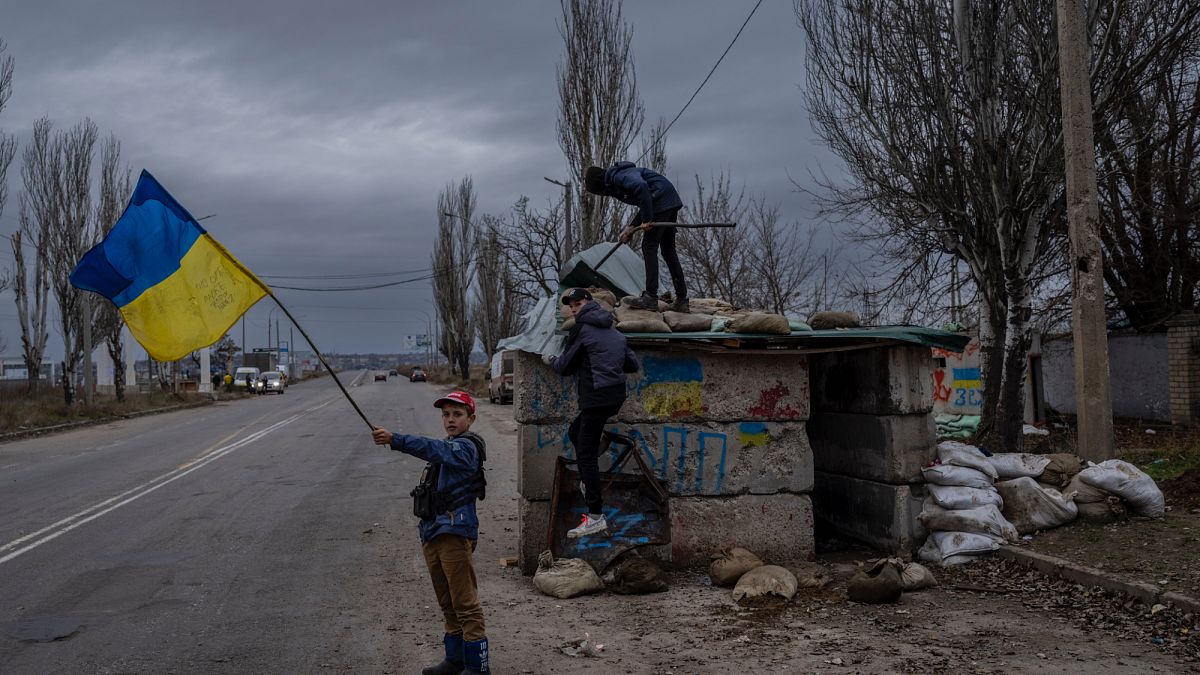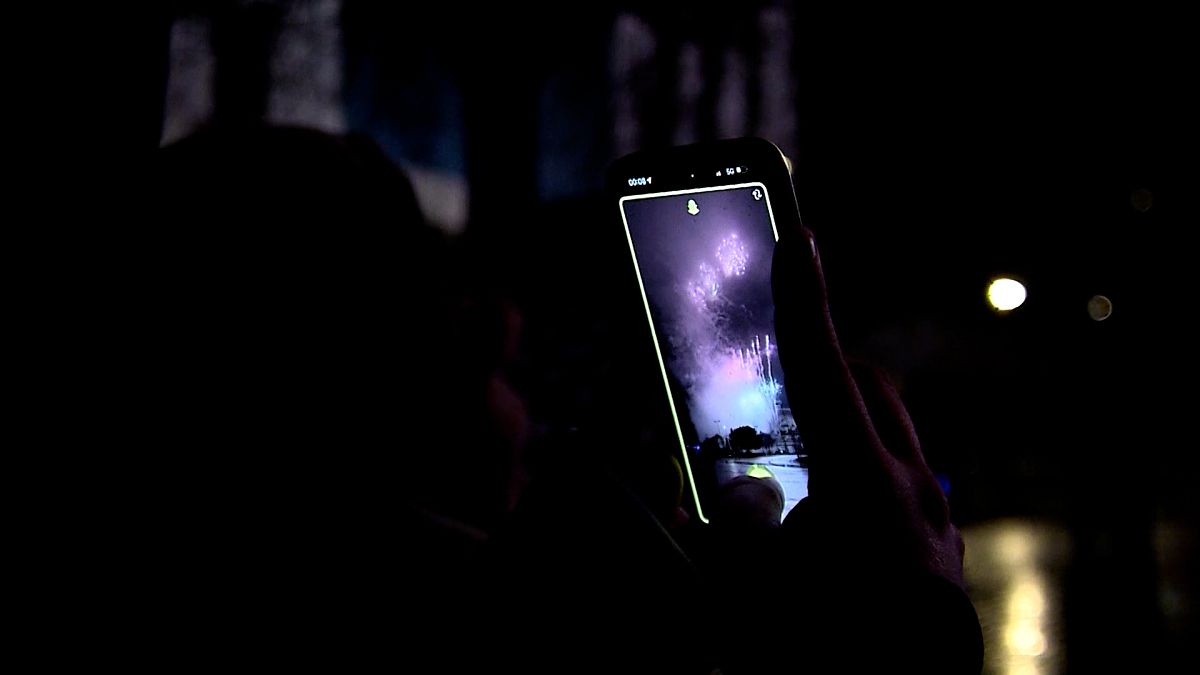Spain calls for a specific European regulation to protect the copyright of creators against AI
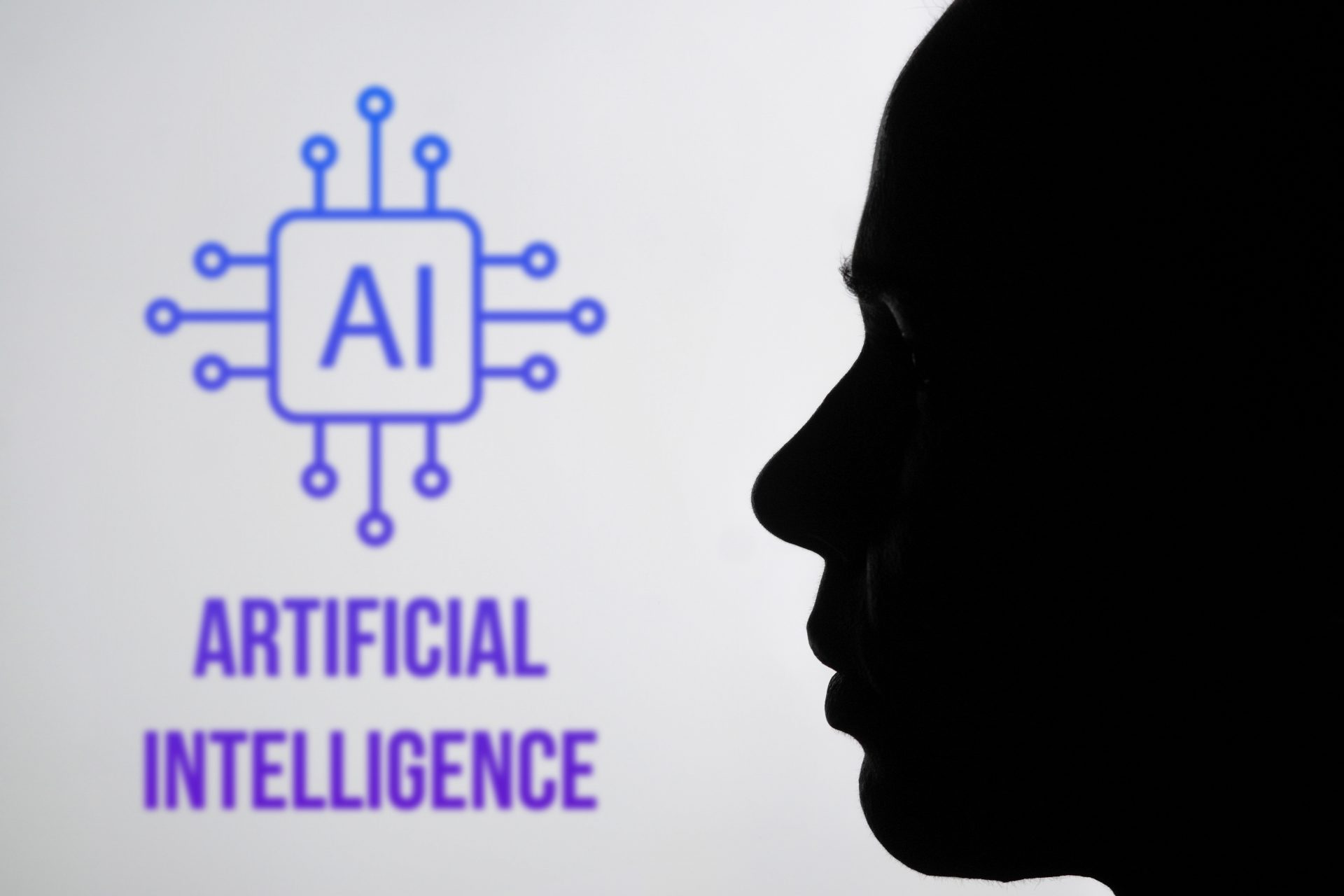
Brussels – The Minister of Culture, Ernest Urtasun, has claimed this Friday before his European partners the need for “a new legislative instrument” that allows for the specific protection of the copyright of European creators in the field of Artificial Intelligence (AI), where language models frequently rely on protected works without seeking consent or compensating for their use.
“It is essential that there is a new legislative instrument to address the issue of copyright, the deployment of the artificial intelligence regulation, because it is something that we currently do not have resolved and that, of course, the code of conduct that was approved does not resolve,” the minister summarized in statements to the press upon his arrival at a meeting of EU Culture Ministers in Brussels.
In this way, the minister has defended that the Government takes on an “important fight for the defense of the rights of creators” in the context of AI development, especially regarding the criteria of transparency, consent, and fair remuneration.
“It is a very important issue for us: Having a new specific instrument to address the issue of protecting creators, as well as a licensing system for them in the context of Artificial Intelligence,” he summarized.
Thus, Urtasun emphasized that the Code of Good Practices “is not enough” and warned that it has not only failed to resolve the risks to copyright and the protection of creators, but has also “diluted” the European regulation for AI in this matter.
Therefore, he has called for the need to “strengthen” this regulatory framework to ensure that there is a limit to the “massive” use of protected content without respecting copyright to train language models.
“We are in a situation of defenselessness for our creators, who are seeing how their works are being used for artificial intelligence models without the three criteria that Spain defends, which are transparency, fair remuneration in the case that works are used, and consent (from the author),” he emphasized. (November 28)

